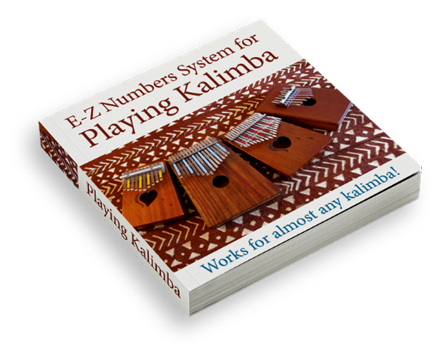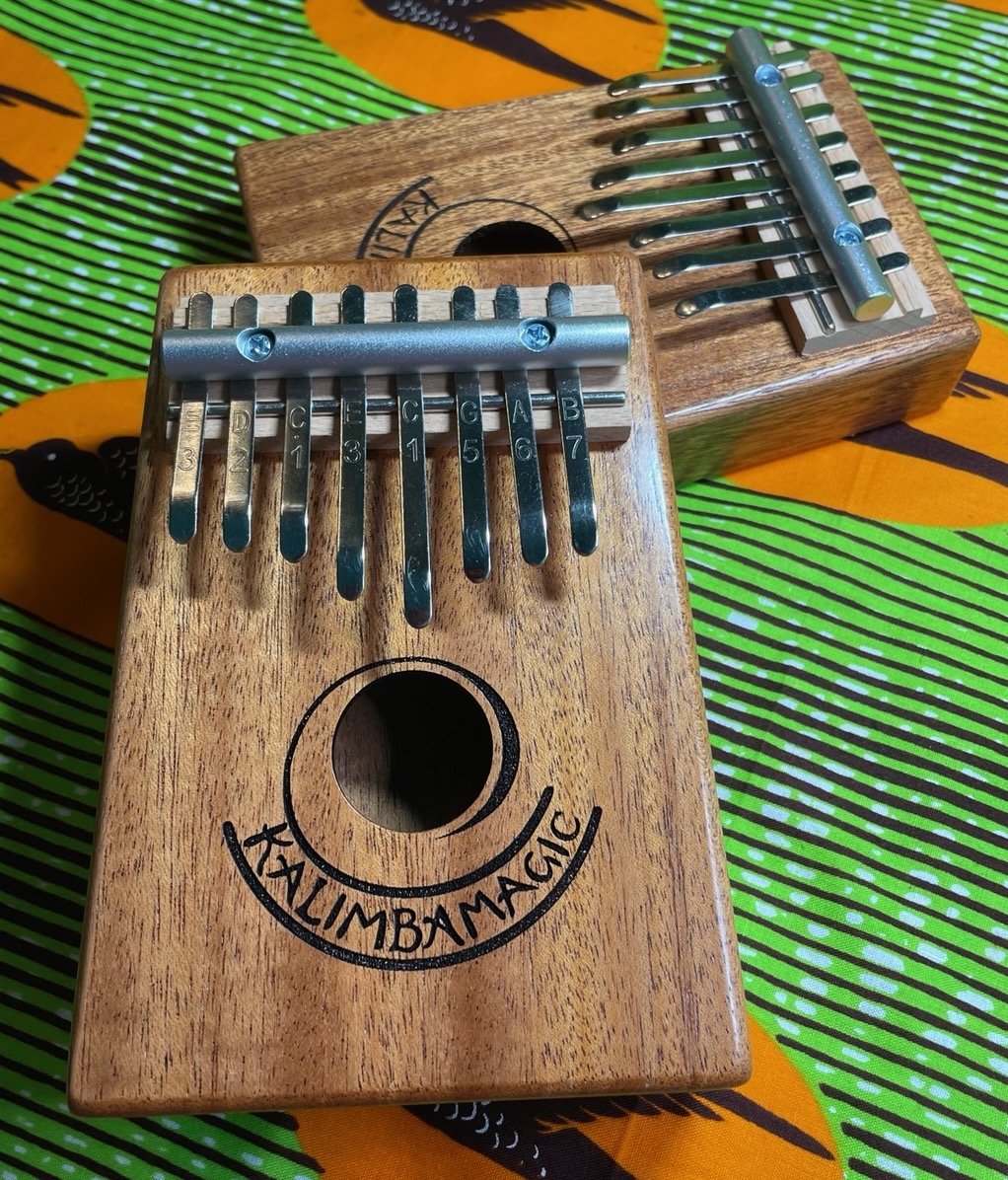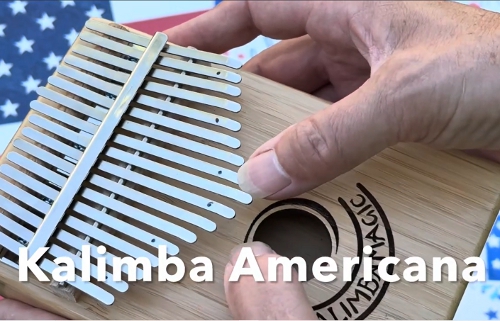Your ear is the best tool you have for progressing in music. While most people I know could not tell you why something in music is wrong, almost everyone will have a clue that something is wrong, because they hear it as sounding odd or incorrect. Rely upon your ear to guide you, and always ask: “Does this sound right?”
When I play, the “ear” in my head is also at work in a different direction – I actually hear notes that I did not play. It is like my soul or my mind is reaching out for a more perfect music, reaching out beyond the notes I played. This is how new music comes into being – it’s creation happening – and there are lots of considerations in getting to the place where it happens for you too.
Trust your ear. Learn to develop your ear. If your mind’s ear is reaching out for a note that wasn’t actually played, the first step is to physically reach for it – find it on your kalimba or mbira, stopping the flow of the music if you must, to fumble around and look for it. You may not find it on your instrument at all, as your ear can and will hear any note, not just the ones on the kalimba.
But you can train your ear about which notes are on the instrument. A good exercise to help you in that direction is to play each note on the instrument in some order (left to right, low to high, or even random) and imagine what the note will sound like before you play it. If you are incorrect in your pitch prediction, do it again. If you do this over and over, regularly, you will develop your sense of where each note is on the kalimba as well as an understanding of the entire set of notes present on your instrument and how they relate to each other.
A sure way to improve is to play a song you know, and pause a bit before playing each note, imagining or even singing the note you expect. Singing the pitch of the note you are playing on the kalimba is actually a really good practice. If you are uncertain, sing a bit before you play, singing the pitch you expect to hear on the kalimba. If the pitch of that note is different from what you are expecting, repeatedly practice the phrase that uses that note, so that it gets easy and natural to play it and know it well.
Here’s a great tip for when you keep searching for a note but cannot find it – try looking on the opposite side of the kalimba.
Sometimes, though, you will reach out for a note, and it is just not on your instrument. This could be because the note you imagined is too high or too low and out of the range of your kalimba. If the note you imagine is within the range of your instrument, but is still not to be found on the kalimba, that note is called “accidental” – meaning it is not in the key of your kalimba, and you would need a chromatic kalimba to play it. If you know your instrument well but often become frustrated with its limits (ie, the notes that are missing), you may be ready for a Chromatic kalimba, which has every note that exists in western music over its 2 octave range.
After you have done the exercises discussed here hundreds of times, when your ear reaches out for a note, you should be able to have a sense as to whether that note is on the instrument or not. If it is, you now have a better idea of where it’s located. And by singing the notes before or while you play them on your kalimba, you will build up an internal map of where the different notes are on the instrument, and you will start to be able to play by ear. Cool, huh?
But all of that work is just preparation for what comes next – hearing the notes that aren’t there, and then figuring out what you need to do to achieve those notes. Like spirits, unplayed notes and unplayed melodies may be dancing around inside of the music you’re making now. Prepare yourself to dance with these spirits who want to come out and play.


Sign up for our newsletter and free resources with your email address:
We pinky promise not to spam you and to only send good stuff.
 Christmas in July 2025
Christmas in July 2025 Patriotic and American Music for Kalimba
Patriotic and American Music for Kalimba